A Quarantined Ramadan
The Khan family enjoying dinner together during this very unique Ramadan.
“So you can’t like drink water— at all?”
“30 days of no eating or drinking straight?”
“Not even water?”
“Aren’t you hungry?”
Those are just some of the common questions and curiosities I normally get when Ramadan comes around. Ramadan is a month in the Islamic calendar based on the lunar cycle where all Muslims observe fasting for thirty days. While fasting is obligatory, many people focus just on the food part. Fasting in Ramadan actually means abstaining from all vices and elevating yourself through your character, worship, and action.
Action is charity, helping others in need, and treating those around you as you wish to be treated. Instead of sarcasm, instead of being difficult, instead of not caring, we press a pause button and try to put forth a better self in hopes of making a permanent change. It’s baby steps. Every day, do something better, be a little bit better, and eventually, you’ll become better.
“So is fasting easier or harder in quarantine?” is the question I tend to get now.
Every year before, Ramadan for me was bypassing my 4 am breakfast out of sleep deprivation (we can eat before the sunrise and fast until sunset), waking up at 8 am, going to school, clubs, coming home, doing homework, breaking my fast, going to the mosque until midnight, sleep, and repeat. It was amazing and I miss it so much. When I think of Ramadan, I think of IHOP breakfasts at 4 am on the weekends, taking AP exams with raging headaches, watching lots of food videos at school, and meeting all my friends every night at the mosque where we’d pray in congregational prayer.
The mosque is normally electric during Ramadan. Thousands of people would come together every night, break their fasts over dates and samosas, pray together, then chat with their friends and grab a kulfi (ice cream) before going home and working early the next morning. For the first time ever, the whole congregational community aspect of Ramadan has transformed into self-isolation. This year, while the mosques are empty, our homes are full. In our house, my brother has been leading the prayer every night for a half hour without fail. This has made our family feel a lot closer and more connected than past Ramadans.
A quarantined Ramadan looks completely different than normal. For me, it’s staying up all night until fajr (morning) prayer at 5 am, waking up around 11-1 pm depending on what google meets I have, going on my phone and watching YouTube, then doing chores, helping cook dinner, and breaking my fast with my family around 8 pm and praying the fourth prayer. Then it’s clean up, chill for an hour, do the night prayer, work out, eat again, read the Quran, maybe do homework, and stay up until dawn.
Ramadan also feels different for everyone. Some of my friends are going to sleep at midnight, waking up at 5 am, and staying awake all day. Other friends are sleeping all day and staying up all night. Even though we are all staying at home, each person’s Ramadan will be completely unique.
Another question I always get is, “How do you fast for 30 days? I could never.” The truth is, we do it out of religious obligation as one of the five pillars of our faith. Once your body gets used to it, it’s actually not that bad. There are a lot of benefits too. Fasting is not just starving yourself or going on a 30 day diet. It’s spiritual cleanse and mental detox. For me, fasting is so much easier in quarantine because I get to control my sleep schedule, I’m not as stressed as usual, and have a lot more free time. Being away from people this month is leading to a lot more gratitude and reflections.
Instead of always thinking about the future, I find myself enjoying the present and trying to cherish every day of Ramadan. After all, it’s unlikely we’ll get another year of Ramadan like this so what better time to soak it all in… one date at a time.



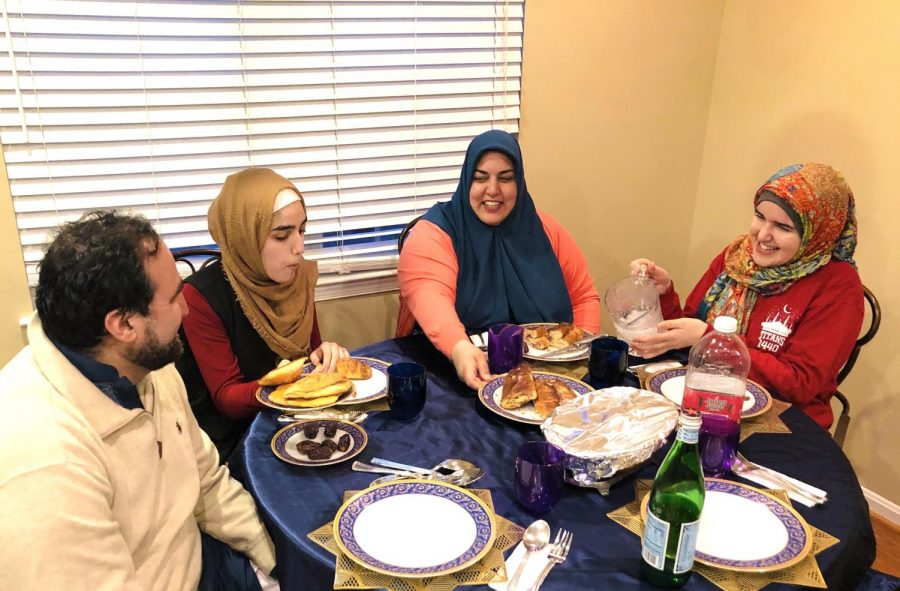
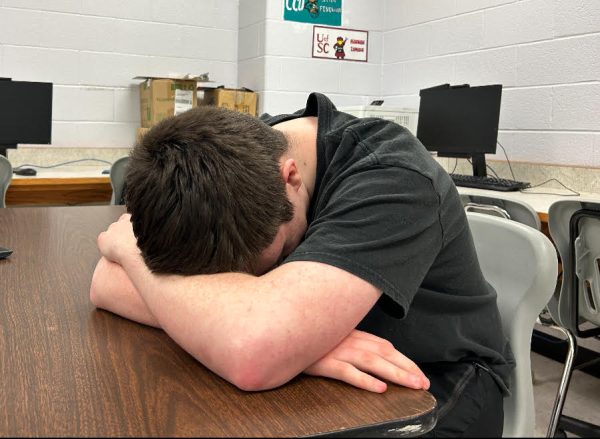

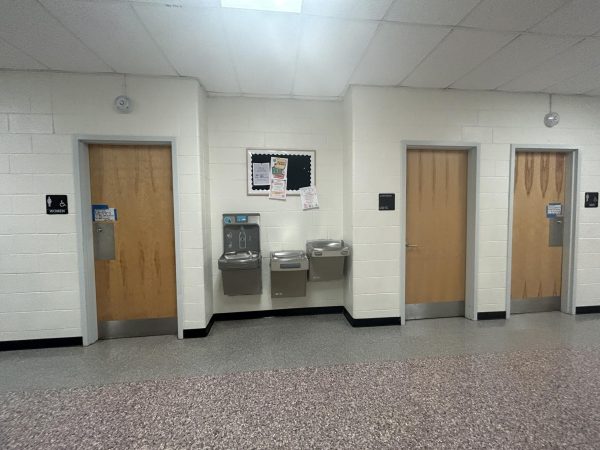
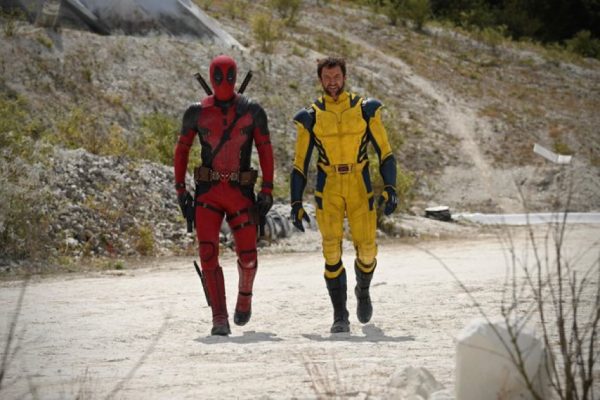

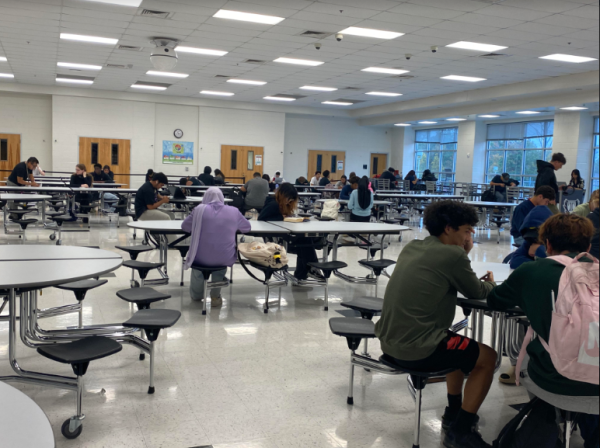


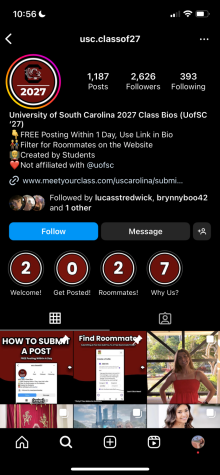

Noor Saadeh • May 23, 2020 at 8:26 pm
Awesome article!Au